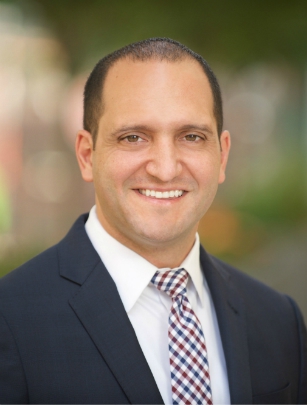So, you've been contacted about a possible inheritance from a long-lost cousin? It’s an exciting prospect, but before you start spending that windfall, you likely have a big hurdle to jump: a kinship hearing in Surrogate’s Court that determines who inherits the deceased's estate. And this is where an attorney and a genealogist become your winning combination.
Think of it like an old episode of Law & Order, inheritance edition:
- The Genealogist: This is your Lennie Briscoe in the field, but instead of a crime scene and tough criminals, they investigate vital record archives and interview crotchety family members to piece together your family tree.
- The Kinship Attorney: This is your Jack McCoy in the courtroom, the legal eagle who uses the evidence gathered by the genealogist to argue your case and convince the judge you're the rightful heir. The only difference is, well, actually this part is exactly the same as on TV.
Unraveling the Family Tree: The Vital Role of Genealogists
These family history detectives don't just show up and give an expert opinion; they put in the legwork to prove your rightful claim.
Kin or Not?
Genealogists determine whether individuals are related by meticulously examining historical records.
Family Mapping
They trace the lines of descent, establishing how individuals are connected across generations.
Living or Lost?
Their research can reveal if relatives are alive or deceased, aiding in inheritance matters and family reunions.
Leaving No Stone Unturned
They ensure an exhaustive search extending across a vast array of resources, from birth certificates to immigration records, census data, and even old cemetery records.
In the world of inheritance, genealogists are the ultimate truth-seekers. They're the Andy Sipowitz of Surrogate’s Court, the Magnum P.I. of missing relatives, and the Kojak of kinship.


